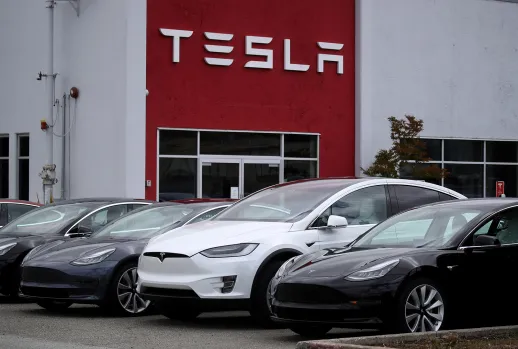Can the Middle Class Afford Electric Cars in Today’s Market?
The electric vehicle (EV) revolution is well underway, with automakers worldwide racing to develop eco-friendly transportation options. The benefits of electric cars, such as reduced emissions and lower operational costs, have made them an attractive choice for environmentally-conscious consumers. However, one significant challenge remains: Electric cars are often considered too expensive for the middle class.
As we delve into this issue, we’ll explore the current state of the electric vehicle market, the financial implications for middle-class consumers, and potential solutions for making electric cars more accessible.
The Current Electric Vehicle Landscape
In recent years, electric cars have gained immense popularity, thanks to their eco-friendly features and advanced technology. From Tesla’s Model 3 to Nissan’s Leaf, there are various options available, each catering to different preferences and budgets. However, the pricing of electric cars remains a point of concern for the middle class.
Electric Cars Too Expensive For Middle Class
The Middle-Class Conundrum
Electric cars are often perceived as a luxury item due to their higher initial purchase cost compared to traditional gasoline-powered vehicles. The middle class, who aspire to contribute to a cleaner environment while enjoying the benefits of electric cars, find themselves facing financial barriers. The middle-class conundrum lies in bridging the affordability gap and making electric vehicles a practical choice for this demographic.
Electric Cars: The Initial Investment
The most significant obstacle for middle-class consumers is the upfront cost of electric vehicles. High-end models with advanced features can easily surpass the $40,000 mark, making them out of reach for many middle-income families. While there are affordable options available, their range and features may not match the expectations of the average consumer.
Easing the Financial Burden
To address the issue of electric cars being too expensive for the middle class, several strategies and incentives have been proposed and implemented:
- Government Subsidies: Many governments offer incentives and rebates to encourage the purchase of electric vehicles. These can significantly reduce the initial cost of an EV, making it a more feasible option for middle-class buyers.
- Used Electric Cars: Pre-owned electric vehicles can be a cost-effective alternative. As technology advances, older models become more affordable and still offer the benefits of emission-free driving.
- Leasing Programs: Leasing an electric car can be a budget-friendly option as it eliminates the need for a large down payment. Monthly lease payments are often lower than traditional car loan payments.
- Home Charging: Installing a home charging station can help reduce the long-term costs of owning an electric car, as it eliminates the need for frequent trips to public charging stations.
- Increased Competition: As more automakers enter the electric vehicle market, competition is driving prices down, making electric cars more accessible.
Environmental Benefits vs. Financial Constraints
For middle-class consumers, the desire to reduce their carbon footprint and transition to electric vehicles often clashes with the reality of their financial constraints. While the environmental benefits are clear, the cost remains a significant consideration.
The Road Ahead
To make electric cars more accessible to the middle class, a multi-pronged approach is required. Government policies, incentives, and public awareness campaigns play a crucial role in making the shift towards electric mobility affordable for a broader demographic. As technology advances and economies of scale come into play, electric cars will become more affordable.
Conclusion
The question of whether electric cars are too expensive for the middle class is a complex issue with no simple answer. While affordability remains a concern for many, solutions are emerging to bridge the gap. Government support, advancements in technology, and increased competition are gradually making electric cars a more viable choice for middle-class consumers.
Electric cars are no longer a luxury reserved for the wealthy; they are becoming a symbol of responsible and sustainable transportation for all. As we continue to work towards a greener future, it’s essential to ensure that electric cars are within the financial reach of the middle class.
